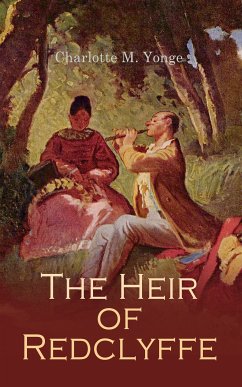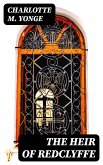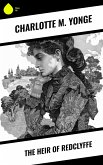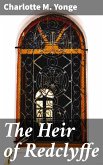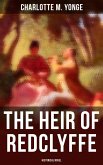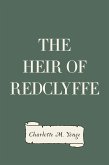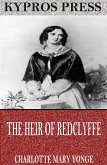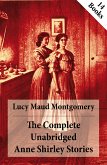The Heir of Redclyffe tells the story of the Byronic Guy Morville, heir to the Redclyffe baronetcy, and his cousin Philip Morville, a conceited hypocrite who enjoys an unwarrantedly high reputation. When Guy raises money to secretly pay off the debts of his blackguard uncle, Philip spreads the rumour that Guy is a reckless gambler. As a result Guy's proposed marriage to his guardian's daughter Amy is called off and he is disowned by his guardian. Guy bears the situation with a new-found Christian fortitude until the uncle clears his character, enabling him to marry Amy after all.
Dieser Download kann aus rechtlichen Gründen nur mit Rechnungsadresse in A, B, BG, CY, CZ, D, DK, EW, E, FIN, F, GR, H, IRL, I, LT, L, LR, M, NL, PL, P, R, S, SLO, SK ausgeliefert werden.

